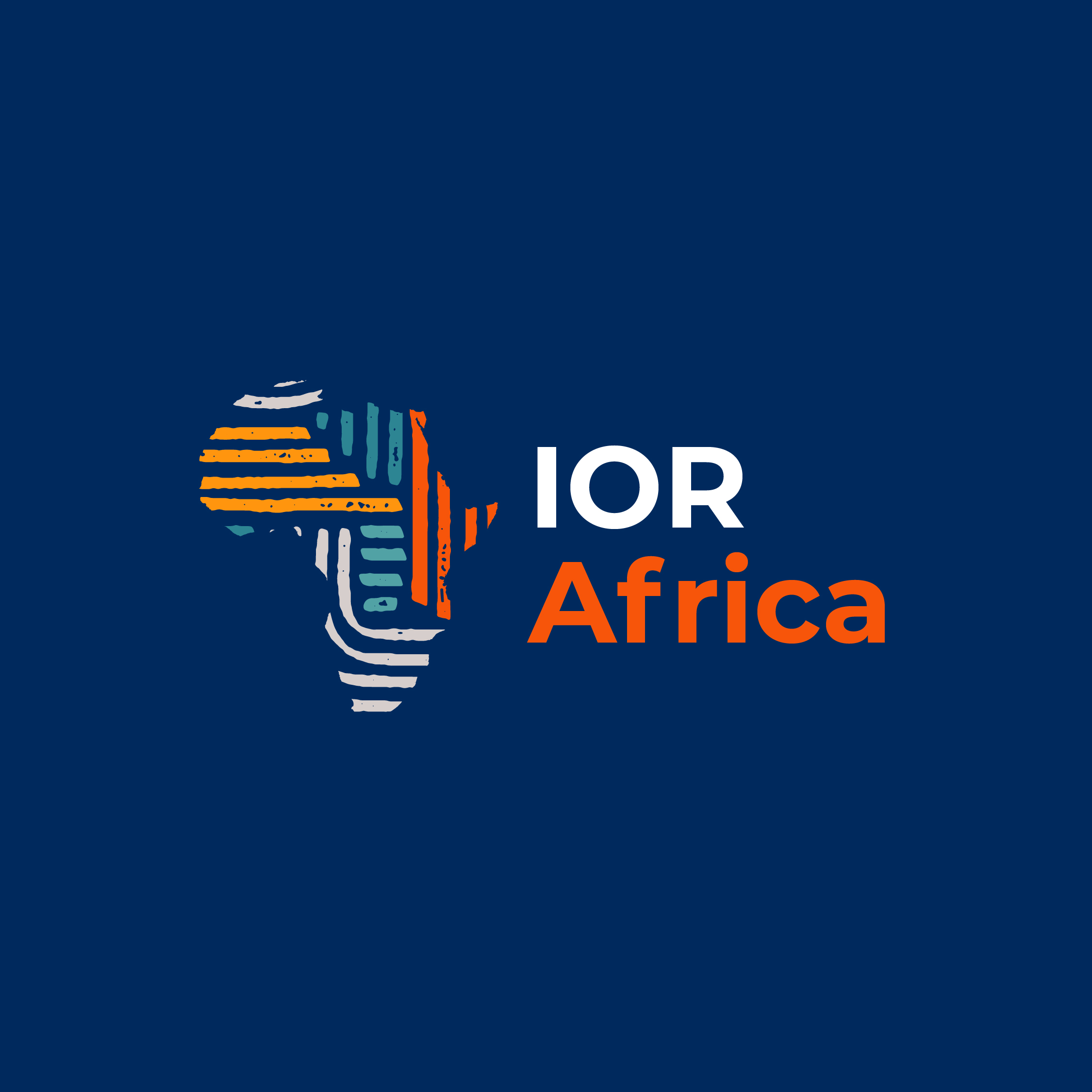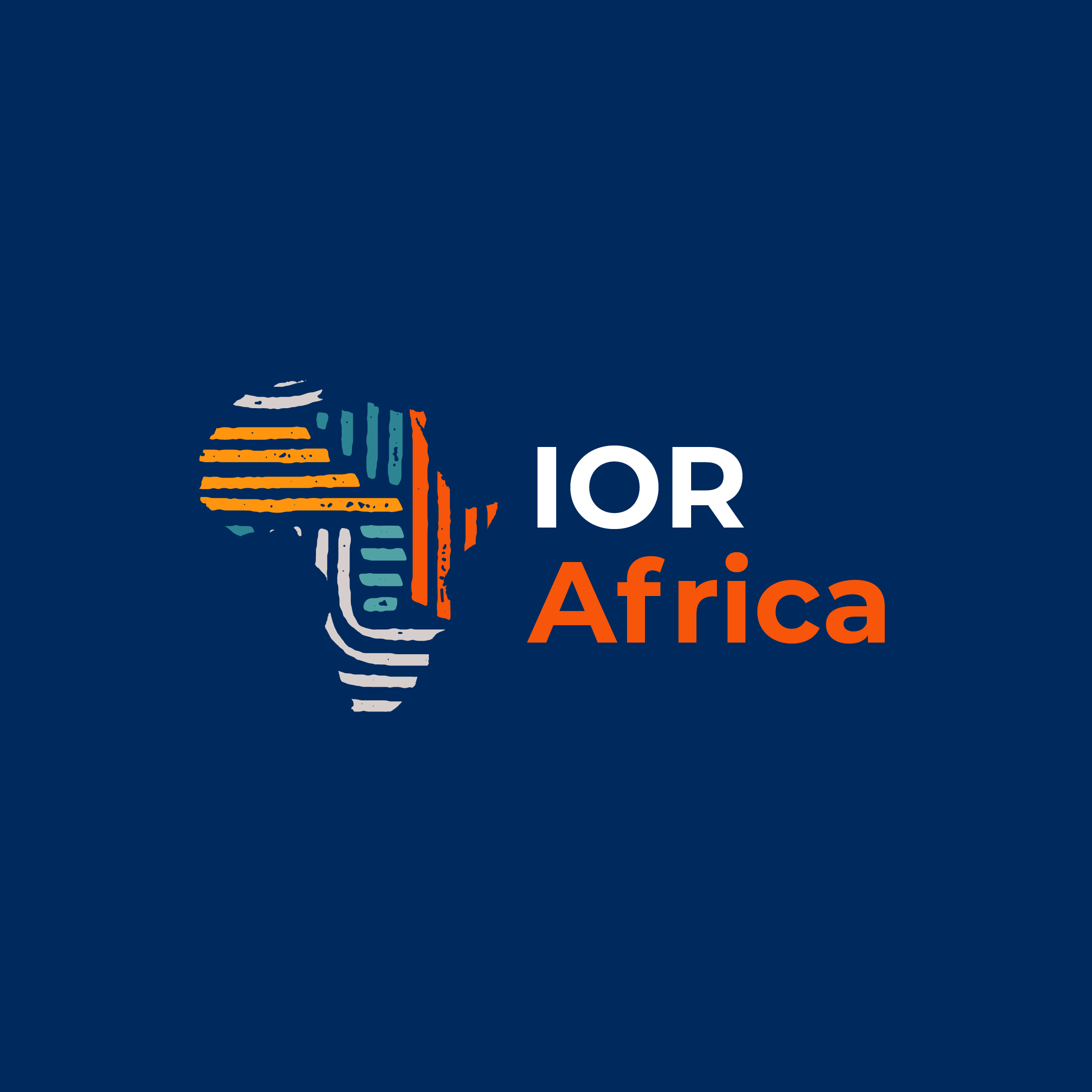
Exploring What Can be Exported to Africa
Trade Compliance
Exporter of Record (EOR)

Africa presents a wealth of business opportunities, with a market of over 1.5 billion potential customers. So, what can be exported to Africa? From high-demand electronics and cutting-edge technology to agricultural products and luxury goods, the continent offers diverse market opportunities. However, entering the African market involves more than just tapping into a growing population—it’s about understanding the unique consumer needs, cultural nuances, and emerging industries across the continent. Exporting to Africa can offer both rewarding growth and distinct challenges.
Ready to explore this dynamic market? Let’s dive into how your business can succeed in Africa.
The Most Popular Products Exported to Africa.
The range of products exported reflects the continent’s varied needs across different sectors. Here are some of the most popular products that businesses commonly export:
Electronics and Equipment
Africa’s growing tech adoption has fueled the demand for electronics and related equipment. Products such as mobile phones, computers, and other consumer electronics are highly sought after across the continent.
Vehicles and Transportation Equipment
With increasing urbanization and a rising middle class, there is a higher demand for vehicles, including cars, trucks, and motorcycles. As infrastructure improves, transportation equipment is also in high demand.
Pharmaceuticals and Medical Supplies
The healthcare sector in Africa is expanding, and there is a significant demand for pharmaceuticals and medical supplies. Products like medicines, vaccines, medical devices, and hospital equipment are critical for improving health outcomes in many African countries.
Consumer Electronics
Beyond mobile phones and computers, there is a demand for other consumer electronics such as televisions, radios, and home appliances. As electricity access improves in many areas, the demand for these products continues to rise.
Processed Foods and Beverages
Africa is also a major market for processed foods and beverages. Packaged food, snacks, canned goods, and bottled drinks are essential for the growing urban population, which is increasingly looking for convenience in food and drink options.
Textiles and Apparel
Clothing and textiles are another major category of exports. With a youthful and growing population, the demand for fashion, textiles, and raw materials for local garment production continues to expand.
Agricultural Products and Inputs
Agriculture plays a vital role in many African economies. Exporters supply the continent with agricultural products such as grains, fruits, and vegetables, as well as agricultural inputs like seeds, fertilizers, and machinery.
Building Materials and Construction Equipment
With rapid urbanization and infrastructure development, building materials and construction equipment are in high demand. These include cement, steel, bricks, and machinery used in construction projects.
Opportunities for Exporting to Africa
Beyond the popular export products, there are growing opportunities in specific sectors that offer high demand:
Machinery and Equipment
As local production capabilities expand in many African countries, there is an increasing need for machinery and equipment. Industries ranging from manufacturing to agriculture require advanced machinery to improve efficiency and productivity. Exporters of machinery can tap into this growing market.
Automobile Spare Parts
The number of vehicles on the roads is on the rise, leading to a significant demand for automobile spare parts. As the vehicle market grows, so does the need for parts and components for maintenance and repairs, presenting opportunities for exporters.
Telecommunications Equipment
Telecommunications is a key growth sector in Africa, as many regions are working to expand internet and mobile services. Exporting telecommunications equipment such as network infrastructure, mobile towers, routers, and satellite systems offers significant potential. With the rise of mobile connectivity and internet services across Africa, this sector is expected to see continued demand, making it an attractive opportunity for exporters.
Strategic Considerations for Exporting to Africa
Entering the African market requires more than just supplying in-demand products. To succeed, businesses must carefully consider the following factors:
Understand Local Customs and Regulations
Each African country has its own set of customs, regulations, and requirements. It's essential to understand and comply with these rules to avoid delays and penalties at customs. Thorough research into local import regulations is crucial to ensure smooth operations and avoid potential obstacles during the export process.
Establish Connections with Local Agents
Navigating the market can be complex, and establishing relationships with local agents or distributors can help businesses successfully penetrate new markets. Local partners understand the local business environment, consumer preferences, and regulatory landscape. They can provide invaluable insights, ensure compliance, and help businesses gain a foothold in local markets.
Assess Economic Landscape
Africa is a vast and diverse continent, with varying economic conditions across regions. Demand for products can differ from country to country, so it's important to research the economic environment of specific markets before entering them. Countries with rapidly growing middle classes, such as Nigeria, Kenya, and South Africa, may present more opportunities than others. Understanding the economic trends in each market helps businesses tailor their offerings and marketing strategies.
Market Research and Resources
Some African countries offer resources for market research and insights into specific sectors. For example, Nigeria has several government and private sector reports that help exporters analyze opportunities and understand local business trends. Leveraging these resources can guide decision-making and identify the best markets to target. Doing thorough market research is key to identifying profitable opportunities and making informed decisions when entering the African market.
Exploring new markets in Africa
As businesses seek to expand in Africa, exploring emerging markets offers promising growth opportunities. Here are some key regions to consider:
The EAC includes Kenya, Tanzania, Uganda, Rwanda, Burundi, and South Sudan, with over 170 million people. The region's growing middle class and improving infrastructure create opportunities, especially in sectors like technology, retail, and manufacturing.
WAEMU, which includes Côte d'Ivoire, Senegal, and Burkina Faso, presents opportunities in agriculture, infrastructure, and consumer goods. The region’s economic stability and increasing demand for goods make it an attractive investment market.
The SADC region, including South Africa, Angola, and Mozambique, boasts a combined GDP of over $700 billion. With strong sectors like mining, energy, and manufacturing, this region offers key opportunities for businesses in resource-driven industries.
Expand Your Business into Africa with Expert Support
Entering African markets can be complex, but with our Exporter of Record service, we handle legal, tax, and regulatory compliance, allowing you to focus on growth. Partner with our international export compliance experts and move forward with confidence.
Written by Ahmed Abo El-Enein
Ahmed Abo El-Enein is a logistics and trade compliance expert with years of experience across global supply chains. He produces clear, practical content that helps businesses navigate customs regulations, manage cross-border challenges, and stay aligned with international trade requirements.
